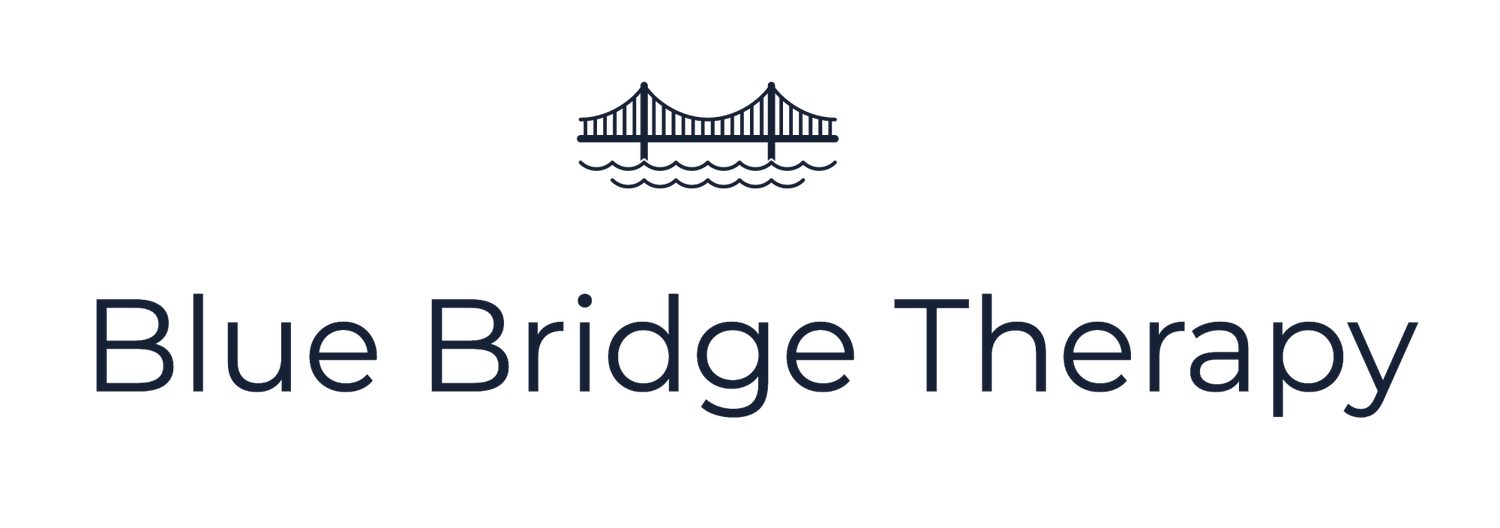
Obsessive compulsive disorder
what is ocd?
Obsessive Compulsive Disorder is a mental health disorder that consists of a cycle of obsessions and compulsions. The obsessions or compulsions are time-consuming (e.g., take more than 1 hour per day) or cause clinically significant distress or impairment in social, occupational, or other important areas of functioning.
Obsessions are as defined as:
1. Recurrent and persistent thoughts, urges, or images, experienced as intrusive/unwanted, and cause marked anxiety or distress
2. There are attempts to ignore or suppress thoughts/urges/images or attempts to neutralize them with some other thought or action (i.e., compulsion)
Compulsions are defined as:
1. Repetitive behaviors (e.g., hand washing, checking) or mental acts (e.g. repeating words silently) performed in response to an obsession or according to rules
2. Behaviors/mental acts are aimed at preventing or reducing anxiety or distress or preventing some feared event or situation; but not really connected with what they are designed to prevent, or are excessive
Common Obsession Themes:
Aggression
Contamination
Symmetry concerns
Sexual
Religious
Somatic
Common Compulsions:
Checking
Cleaning
Ordering
Counting
Repeating
Diagnosis & Treatment
Many people who experience symptoms of OCD do not receive an appropriate diagnosis for years after onset of symptoms for reasons including lack of public awareness and/or clinician’s who don’t recognize symptom presentation.
Exposure and Response/Ritual Prevention (ERP), a type of Cognitive Behavioral Therapy, is largely considered to be the gold standard for OCD treatment. ERP involves deliberate exposure to feared/distressing stimuli and prevention of ritualized behaviors. Research also supports the use of traditional CBT and Acceptance and Commitment Therapy which can both supplement ERP treatment.
References
American Psychiatric Association. (2022). Anxiety disorders. In Diagnostic and statistical manual of mental disorders (5th ed., text rev.). https://doi.org/10.1176/appi.books.9780890425787.x05_Anxiety_Disorders
Hezel DM, Simpson HB. Exposure and response prevention for obsessive-compulsive disorder: A review and new directions. Indian J Psychiatry. 2019 Jan;61(Suppl 1):S85-S92. doi: 10.4103/psychiatry.IndianJPsychiatry_516_18. PMID: 30745681; PMCID: PMC6343408.
Mataix-Cols D, Marks IM, Greist JH, Kobak KA, Baer L. Obsessive-compulsive symptom dimensions as predictors of compliance with and response to behaviour therapy: results from a controlled trial. Psychother Psychosom. 2002 Sep-Oct;71(5):255-62. doi: 10.1159/000064812. PMID: 12207105.
RECOMMENDED RESOURCES
BOOKS
The Mindfulness Workbook for OCD: A Guide to Overcoming Obsessions and Compulsions using Mindfulness and Cognitive Behavioral Therapy - Jon Hershfield Mft and Tom Corboy Mft
The Self-Compassion Workbook for OCD - Kimberley Quinlan, LMFT
PODCASTS
Your Anxiety Toolkit - Anxiety & OCD Strategies for Everyday - Kimberley Quinlan, LMFT
AT Parenting Survival Podcast: Parenting | Child Anxiety | Child OCD | Kids & Family - Natasha Daniels, LCSW


